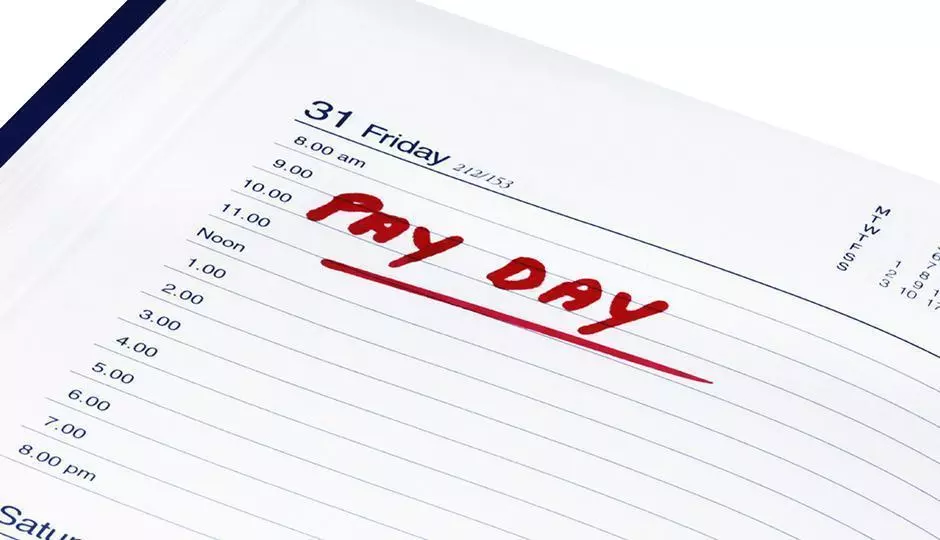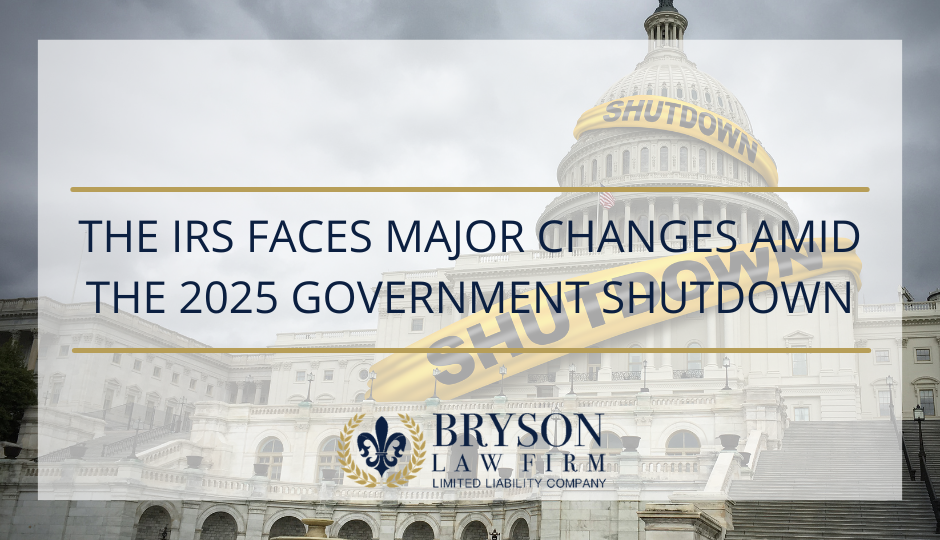
Dealing with a Wage Levy or Garnishment
One of the harshest tools in the IRS’ utility belt is the wage levy, also referred to as a wage garnishment. A wage levy takes a bite out of each of your paychecks that can have devastating consequences on your finances. Fortunately, Bryson Law Firm, L.L.C. has dealt with hundreds of wage levy cases to have the garnishment removed from our clients’ paychecks.
With a wage levy, the IRS contacts your employer and tells them to take out a certain amount of your paycheck each pay period and send it right to the IRS. Imagine how it looks to your bosses when they find out they have to garnish your wages for your tax debt. Even if they don’t want to do it, it’s in their best interest to follow the order. The IRS will come down hard on the company, imposing some serious penalties if they don’t abide by the levy order, and possibly even seek criminal prosecution.
The Process for a Wage Levy
If you’re dealing with an IRS wage levy, you’ve got a serious tax problem. As we say, taxes are a legal issue, so you need an experienced tax attorney to fight for you to get relief from the wage garnishment. Keep in mind, a wage levy is not the IRS’ first option when seeking payment for a tax bill.
Placing levies on your wages can be an expensive and time-consuming process. The IRS will first mail payment notices to you and follow up with phone calls. If they choose to go with a wage levy, they’ll send you a “Notice of Intent to Levy” letter to you. At that point, you have 30 days to respond to the IRS. If they don’t hear from you or you can’t reach an agreement with them by the end of the 30 days, the agency then sends a letter to your employer instructing them to begin the garnishment.
The Difference Between a Levy and a Lien
Oftentimes, people confuse liens and levies. With a lien, the IRS is staking a claim on an asset, such as your home or car. When the asset is sold, the IRS gets first dibs on taking out funds toward your tax bill. With a levy, the IRS simply decides to take your money. You never even get to see it. In fact, the IRS can garnish your wages without a court order.
Calculating a Wage Levy or Garnishment
You may be wondering how much of your paycheck they’ll take. To figure that out, the IRS first determines the amount you get to keep by looking at your tax filing status and the number of dependents you claim. The IRS can take the rest. Typically, they levy around 25 percent of your wages, but in some instances they may garnish up to 70 percent of your income. And if you’re expecting a big year-end bonus, forget it. The IRS can take it all. The same goes for a monthly commission check.
The best way to prevent a wage levy is to head it off at the pass. The first step is to get sound legal representation from an experienced tax attorney with Bryson Law Firm, L.L.C. at the first sign of trouble. If the wage levy is about to be filed or has already begun, we can work with the IRS to have it removed.
There are a number of options at our disposal to eliminate a wage garnishment:
- Negotiate an Offer in Compromise to get the IRS to accept a lower amount for the tax payment
- Set up an Installment Agreement so you can make periodic payments
- Appeal the wage levy decision to the Regional IRS Appeals Office
- Apply for Currently Not Collectible status if the garnishment is causing undue economic hardship
- Seek Innocent Spouse status if only one person is responsible for the tax bill
One other way you can end the garnishment is to leave the company you work for. That will end the current wage garnishment and the IRS would need to go through the same process again to set up the levy with your new employer. Since it’s not a permanent fix to the problem, we usually recommend one of the other options to reach a resolution for your tax issue.
Seek Help Immediately
Wage levies are serious business. It’s one of the IRS’ biggest weapons they use to collect tax debt from people. If your finances are being choked by a wage levy, we can give you some breathing space. Whether you’re in Louisiana, Texas, Alabama, or anywhere across the U.S., contact Bryson Law Firm, L.L.C. to set up your free initial consultation so we can discuss how we can stop a wage garnishment.























